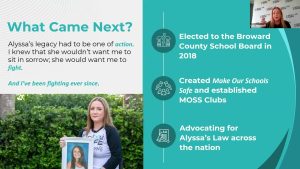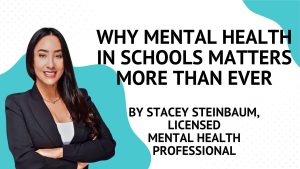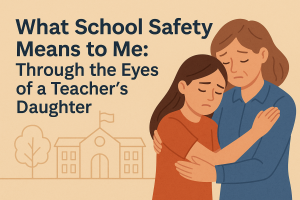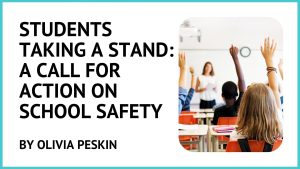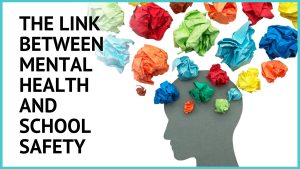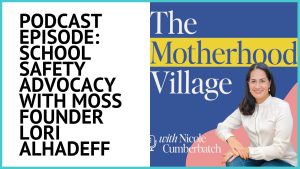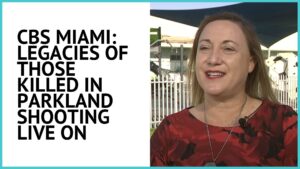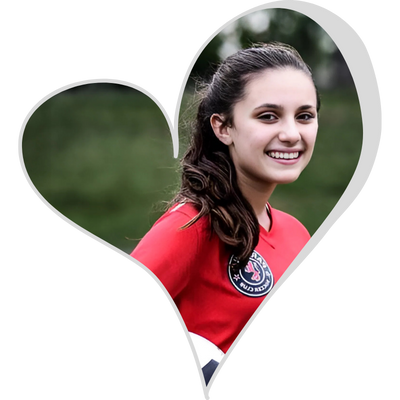By Nana Wang
Seven years and two months ago, I was giving out valentines to my classmates. Three hours later, I was dialing 911.
February 14, 2018, arrived bathed in the warm hues of Valentine’s Day, a day painted in the palette of love and exchanging gifts everywhere. That morning, I had carefully packed 35 small boxes of chocolate to hand out at school, including one for my big sister, who was still at school when I got home. I was nine years old, too young to fully grasp what fear felt like, but not too young to remember what happened next. Much of my childhood feels blurry now—but that day stands out with painful clarity.
When my sister didn’t come home at her usual time, I started to worry. Then, a message from a friend: “Turn on the TV.” The screen lit up: “Breaking News: Active Shooter at Marjory Stoneman Douglas High School.”
My sister was nearby, just across the football field at Westglades Middle School. I didn’t know what was happening, how far the danger might reach, or whether she was safe. I remember the silence in the house, the sound of my own breathing, the shakiness in my hands as I tried to send her a message. She came home. But I know that not everyone did. And I have never, not for one moment, forgotten that.
To me, school safety means more than metal detectors or drills. It means building a culture where students feel emotionally safe and physically protected. It means caring enough to look out for one another. It means teachers and staff having the tools to support students not just academically, but mentally and emotionally too. That’s why the mission of Make Our Schools Safe matters to me. MOSS doesn’t just talk about change—it builds it, from the ground up. It gives students like me the space to reflect, the platform to speak, and the motivation to act.
MOSS honors the lives we’ve lost by ensuring their stories don’t fade. It empowers us to turn pain into purpose—not just for our own schools, but for every school across the country.
What happened in Parkland that day has stayed with me. It shows up in small, quiet ways. In the way, I sit closer to the door in class, in the way I flinch at unexpected noises, in the way I hold my sister a little tighter on hard days. But I’ve also seen strength emerge in the aftermath—through conversations, through advocacy, through community. We owe it to those we’ve lost to make schools not just safer, but stronger.
Because school should be where we feel safest. And I believe, together, we can make that true.

